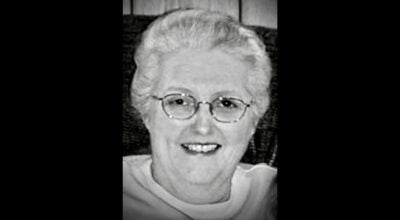Demopolis BOE hosts Common Core community forum
Published 8:54 pm Thursday, February 27, 2014
Three members of the Alabama State Department of Education were in Demopolis on Thursday to answer questions about the College and Career Readiness Standards being implemented by the state.
Julie Hannah, Cindy Freeman and Gay Finn made a presentation outlining what the new standards will require of students before fielding questions from parents. Hannah said the new standards are to help ensure that every child graduates and that every graduate is prepared for either college or a career.
Hannah added that in 2012, only 18 percent of students met the benchmarks the state set for the ACT exam in all four subjects and that one of four students in Alabama does not graduate high school. In addition, 33 percent of Alabama students have to take remedial classes in college.
Alabama is one of 45 states that has adopted the Common Core standards from the federal Department of Education. Common Core sets standards in math and English/language arts, and each school system in the state was required to implement the math standards by the 2012-13 school year and the ELA standards by the 2013-14 school year. The Alabama Department of Education, however, added Alabama-specific content to the standards to make them fit Alabama students more.
In math, courses were added and certain standards for Common Core courses were added that are more rigorous than previous standards in the state. In ELA, the state Department of Education added 26 standards. One of the standards for third-graders was to add cursive writing, which was not included in the Common Core standards.
After the presentation, questions were fielded from parents in attendance. Dr. Arthur Ogden, a parent with three students in Demopolis schools and a college professor, voiced concern that there was not enough latitude for the local boards to make decisions.
“Many districts add to the standards set by the state,” Hannah said. “The standards set by the state are the minimum standards, and local systems can add to them if they deem it necessary.”
Kim Browder, an 11th-grade social studies teacher at Demopolis High School, said the new standards are good for students.
“These aren’t coming from a bad place,” she said. “We’re looking out for our children, and it’s a good thing.”
Carl Williams, another parent present at the forum, said he was concerned about the number of assessments his fourth-grade daughter had to take when the state has said they are not preparing students to take a test, but for their lives.
“My concern is not with our teachers; we have great teachers here,” he said. “My concern is with the number of assessments my daughters have to take when you say you’re moving away from that.”
Hannah said most of the assessments are from the local level, and U.S. Jones principal Leon Clark said the assessments are used to see where students are and what needs to be worked on.
“We want to look at the assessments we’re giving to see if we can thin that out in the future,” Clark said. “We’re looking at what gives us the best data. The tests give us a benchmark to see how the students are progressing.”





